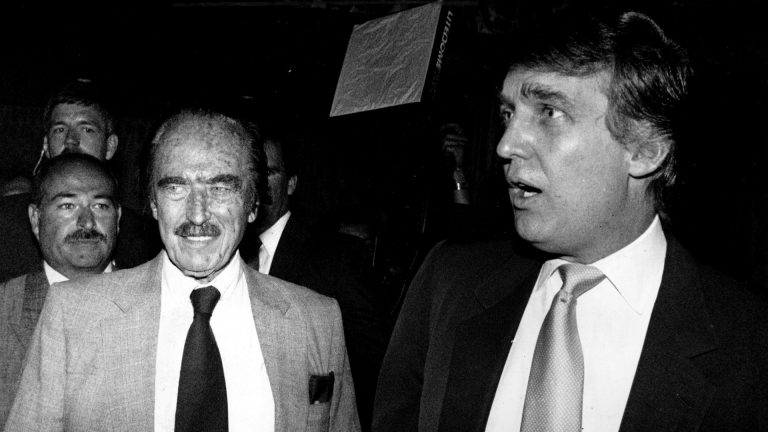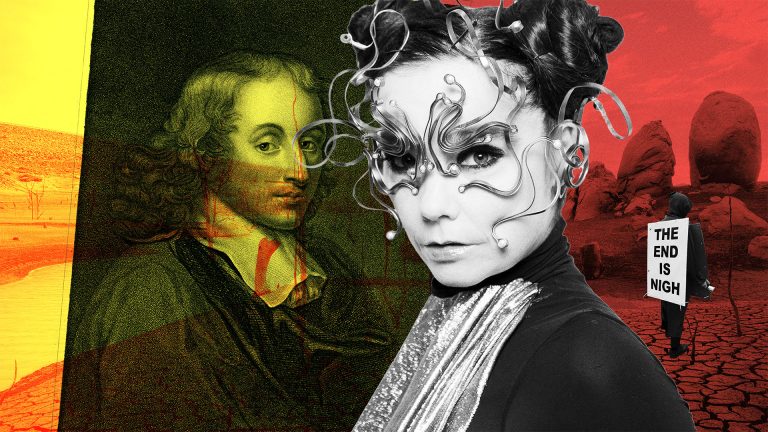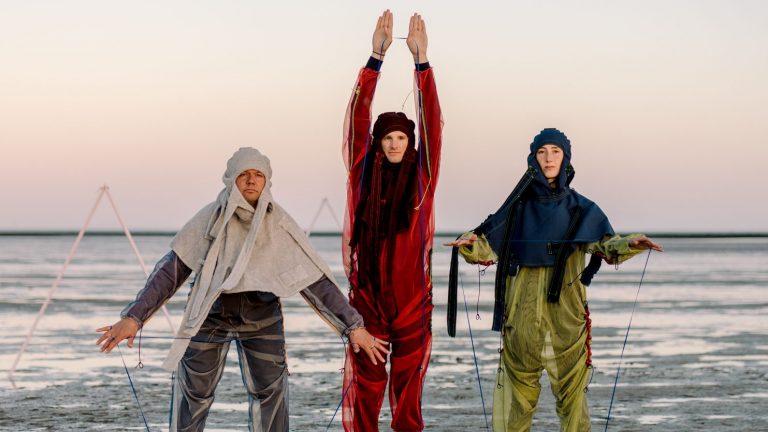
It seems an absurd issue to be dominating discussion in the lead up to an election, but debates over swimwear and the role of the state in governing what individuals may wear are a barometer of a divided France.
Although the country’s high court has now stuck down the so-called ‘burkini bans’, images of a Muslim woman on a Nice beach being told by police to remove clothing had already reverberated around the world, embarrassing many in the country, particularly outside the right-wing heartlands in the south of the country.
Others however, not least two politicians, Nicolas Sarkozy and Marine Le Pen, have capitalised on the country’s confusion, positioning themselves as defenders of France’s near-sacred traditions of liberté, égalité and fraternité.
For National Front (FN) leader Le Pen this has meant inching to the left in an effort to appear more moderate. For Sarkozy of Les Republicains it has been a swing to the right.
And, no matter which other candidates enter the fray, the fight for the presidency -and for France’s battered soul – is currently being fought on this territory, between these two seasoned politicians. The relish with which they have dived into the burkini debate is the most compelling sign of this, but far from the only one.
The bans themselves – imposed by mayors using local public order ordinances and never a formal state policy – were rejected by many in France even before photographs of the scene in Nice hit the front pages, but political calculations suggest there is at least some appetite for such strident policies.
Le Pen herself wrote in a blog post that ‘the soul of France […] is in question’. Her intention was to strike a tough, but republican and secular, note.
‘France does not lock away a woman’s body, France does not hide half of its population under the fallacious and hateful pretext that the other half fears it will be tempted,’ she continued.
Others are unhappy with what they see as the French world view being corrupted by politicians seeking to out Le Pen Le Pen, whether that is the mayors who introduced the bans or Sarkozy.
Feminist broadcaster and former Charlie Hebdo journalist Caroline Fourest was among the many voices who criticised the bans. Fourest took to Twitter to say: ‘This is NOT French secularism. And unacceptable. The beach is NOT a public School.’
Religious symbols are forbidden in French state schools, under a 2004 law intended to meet France’s constitutional requirement for laïcité, the strict absence of religious influence in public affairs. Presidential hopeful Nicolas Sarkozy wants to go much further, outlawing burkinis and other full-body coverings ‘on the entire territory of the Republic’.
Responding to the bans being declared unconstitutional and incompatible with basic freedoms, Sarkozy said the constitution can be changed.
‘Well, then we change the constitution. We’ve changed it 30 odd times, it’s not a problem,’ he said.
More and more Sarkozy, who – when he first ran for president – positioned himself as a liberalising figure, sounds as though he is singing from the hymn sheet of the hard-right National Front (FN) – and it is not hard to see why. Under the guidance of its charismatic leader, Marine Le Pen, the party has been steadily building its vote for years, but recent terror attacks and growing fear of radical Islam has propelled the party into the mainstream of political discourse.
In last year’s regional elections, held just a month after the simultaneous terrorist attacks in November that saw 130 people slaughtered, the FN did not win control of a single regional authority – but it did capture 27.73 percent of the vote in the first round, more than was managed by the governing Socialist Party (PS), which won 23.12 percent.
Sarkozy, recognising an angry electorate when he sees it, has set his sights on wresting back the Élysée Palace by appealing to those now tempted to cast a ballot for Le Pen’s National Front. It may seem an absurd spectacle for swimwear to become an issue in a presidential election, but Sarkozy’s plan for the state to regulate clothing is, he says, republicanism in action.
Not everyone agrees. According to Fourest, Sarkozy, far from representing republicanism, is the death of it.
‘Sarkozy has a huge responsibility in killing the republican right,’ she told The New European.
‘I mean the traditional right-wing in the image of General de Gaulle, which has always been against extreme nationalism.’
In the 2012 election that saw Socialist Party (PS) leader François Hollande take power, Sarkozy was defeated in the first round, with the right-wing vote split between him and Le Pen.
Speaking of Le Pen’s voters at the time, Sarkozy said: ‘I have heard you.’
Fourest said that everything remains up for grabs in the 2017 election, however debased the debate may have become.
‘We are living in a very special time; there is a lot of tension, [and] we have a lot of debate going in every direction.
‘In the end [the vote for] Marine Le Pen is going to be very high, but she is still rejected by 70 percent of the French.’
This is precisely what Sarkozy is banking on: in 2002, centre-right candidate Jaques Chirac triumphed against Le Pen’s father, Jean-Marie Le Pen, by winning the support of anti-racist left-wing voters in the second round of the election. Sarkozy’s hope is not only to grab some of the anti-FN vote, but also to attract FN voters themselves.
Fourest is not alone in noticing that Sarkozy is tilting toward an agenda set by the National Front.
In 2012 Le Pen, asked on television about Sarkozy’s reinvention of himself, laughed and answered by mockingly bursting into song: she sang Dalida’s ‘It’s Only Words’. Recently however she has confined herself largely to criticising the Socialist-led government, including by demanding it institute ever-tougher anti-terror laws.
Following the two terrorist attacks in July this year, in Nice and Saint-Étienne-du-Rouvray, however, she talked of the ‘enormous responsibility’ of ‘all those in government for 30 years’ – a clear reference to Sarkozy and his party.
In his book Tout pour la France (Everything for France) published this month, effectively a kind of manifesto, Sarkozy doubled-down on his anti-immigration rhetoric, promising to ‘drastically reduce’ the number of foreigners permitted to enter France and add new restrictions on who is entitled to citizenship.
One Parisian resident told me: ‘The cover even looks like a National Front pamphlet’.
Other policies advocated in the book are more flexible labour laws – something countless French presidents, including both the incumbent François Hollande and Sarkozy himself have attempted, and failed, to achieve – and lower taxes.
One area where the two differ dramatically is on the issue of the EU: Le Pen is adamantly anti-EU while Sarkozy, like most of the French political class, favours strengthening the union. French public opinion on the matter is confused: France recently rated as the second most eurosceptical country in Europe, easily more critical of the EU than Britain, but the tenor of the criticism is muted, with largely only the far-left and far-right seeking a ‘Frexit’.
Le Pen’s protectionist economic policies are also well to the left of Sarkozy, who favours a form of economic liberalisation reminiscent of late British Prime Minister Margaret Thatcher – something that has helped make Sarkozy a controversial figure for most of his political career.
Within Les Republicains Sarkozy isn’t getting everything his own way, however. He faces a strong challenge from former French prime minister Alain Juppé. In fact, as Juppé is more popular in the party that Sarkozy, it is the latter who is really the challenger.
A poll for newspaper Le Parisien and TV news channel BFM indicated that Juppé would win 38 percent of voter support in the first round of the party’s primary, with Sarkozy winning 24 percent. The poll also said that in a run-off Juppé would win 63 percent and Sarkozy 37 percent.
Things are little better for Sarkozy in the country at large. A recent poll found that eight out of ten French citizens don’t want him to see him return to the Éylsée Palace.
Juppé is setting out his stall as a man of conciliation and a president for all of France, hitting-out against his divisive rival.
‘I will never exploit fears or appeal to people’s baser instincts. I want to bring hope,’ Juppé told a rally of supporters last week.
Interviewed by centre-right newspaper Le Figaro, he took a swipe at his party mate, saying that given the tension in France today, it would be good idea to stop ‘throwing oil on the fire’.
Nonetheless, few are willing to write Sarkozy off just yet, as he does have a support base in the country and has clearly identified a strategy of leeching votes from the emboldened National Front. France’s turbulent eighteen months have had a real effect on the national psyche, something Sarkozy’s positioning himself as the hard-man of politics is clearly intended to tap into.








